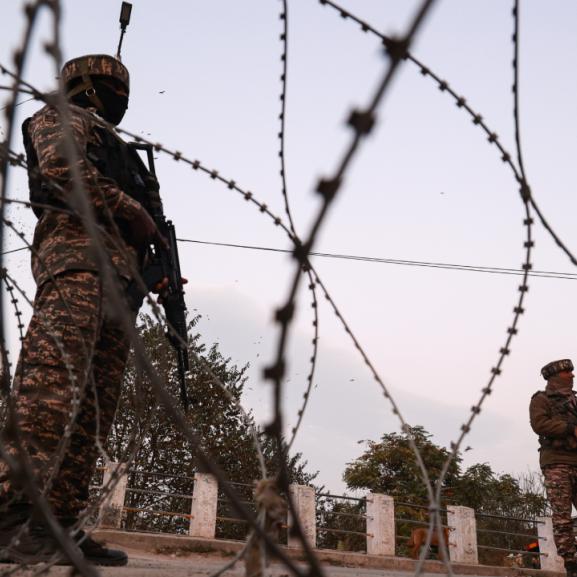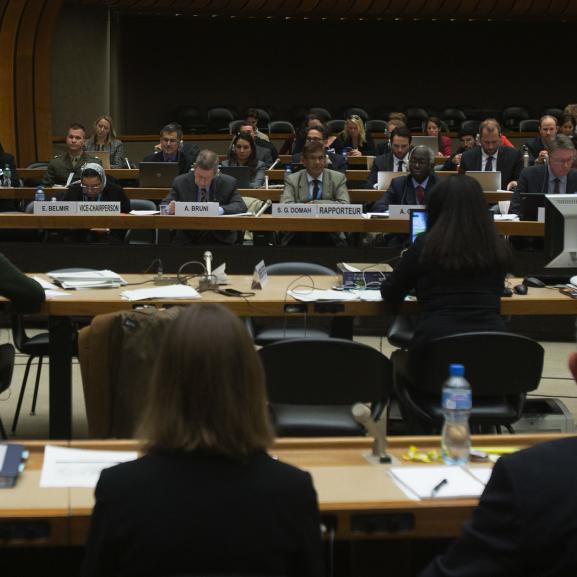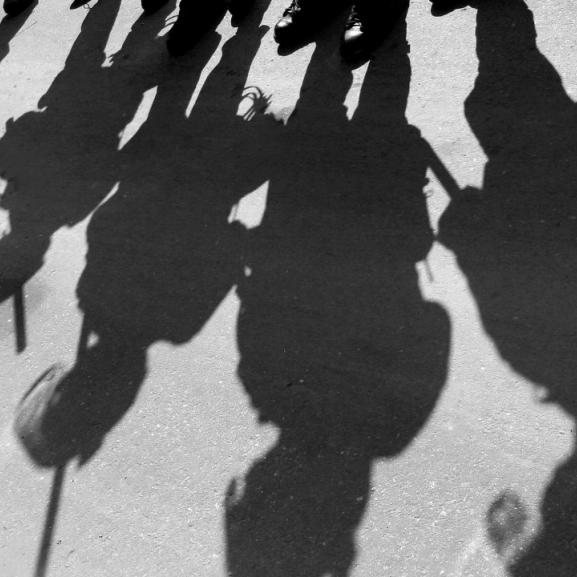Freedom from Torture to Train Trauma Counsellors in Kosovo
Freedom from Torture therapists are to provide training in trauma counselling to Master’s degree psychology students at Prishtina University in Kosovo in a bid to bolster the provision of mental health services for torture and war survivors in the UN protectorate.
Key to the project is the pledge by three government ministries in Kosovo (Health, Education, and Social Welfare) to provide work placements during the course and jobs upon graduation in mainstream clinical services. Thirty-six MSc students will benefit during the project’s first year of what is hoped will be a three-year run.
Jocelyn Avigad, clinical lead for the project and head of the MF’s Family and Marital Team, visited Prishtina in August, along with project coordinator Karen Simpson, a British counsellor with experience of working in Kosovo who co-authored the MF report Mental Health Services in Kosovo.
Working in tandem with university professors, the MF team met with students, recruited local mentors and a head mentor for the project, agreed a teaching syllabus for the course, and secured 18 clinical placements for the students in the autumn.
The MF and other non-governmental organisations, the United Nations High Commissioner for Refugees and the UN Administration (UNMIK) have all expressed strong concern about the lack of availability and unsuitability of treatment for returning refugees – and for the resident population – who are in need of mental health services, and about the lack of appropriate provisions for women and children among them.
Existing public health services, operating with extremely limited resources, are unable to provide socio-therapeutic or psychotherapeutic treatment, and have to be restricted to those with the most severe diagnoses of mental illness, thereby failing to reach the much larger population of people who still suffer the mental consequences of torture and war.
Educators, clinicians and political leaders are eager, however, to build local capacity to treat those affected, with the MF endorsing the view that the way to reach such survivors of torture and war trauma is out in the wider community. The program is unique in Kosovo: psychology students will gain clinical skills from the MF teaching module, augmented by clinical placements during the year, and will then, as MSc graduates, be employed by government agencies to put those skills to use in community mental health centres, hospitals, schools and social services across Kosovo.
Agreement for the project was finalised late in June by the FFT’s Director of Public Affairs Sherman Carroll while in Kosovo. The following extracts from his diary show why the need for mental health services is crucial.
Today I paid my respects to a 17-year-old Kosovan poet, Yllka (it means "Star"), who will always be 17 – a bright-eyed girl at the point of becoming a woman. Yllka died on 7 May 1999, murdered by someone, or someones, known only as the Serbs. It is said that before the Serbs killed her, they did other things to her. But that’s left unspecified in very traditional Kosovo. This 26th day of June six years later, I came face to face with her photo on a hilltop grave overlooking Gjakova, the city she loved and wrote about.
Further on lies the fresh grave of a young man killed in May 1999, but only recently returned to Kosovo from a hidden grave in Serbia for re-interment. To my left, some 10-12 feet away, is the grave of the youth’s father and between is a vacant space. The widowed mother is still waiting to receive two other sons who remain "disappeared". This is the meaning of a "continuing crime" in international human rights law: when a loved one is forcibly "disappeared", there is no grave or grieving.
We drive on to Meja, a village of widows. I’ve never stood in a place where there was so much killing. In a large field beside the road is a collection of graves. During the war, the villagers were separated men from women. The women were taken away. Some 500 men and boys were shot here or nearby and their bodies buried. This is Kosovo’s Srebrenica. When NATO bombed the Yugoslav army and its Serb militia back to Serbia, the crime scene was ethnically cleansed of its Kosovan dead. Now, some of the bodies have been returned from secret dumping grounds in Serbia. The graves are neatly arranged and tended, some one hundred of them. The field is marked out to receive the 400 bodies of the "disappeared" who have not yet been returned to this scene of continuing crime.





